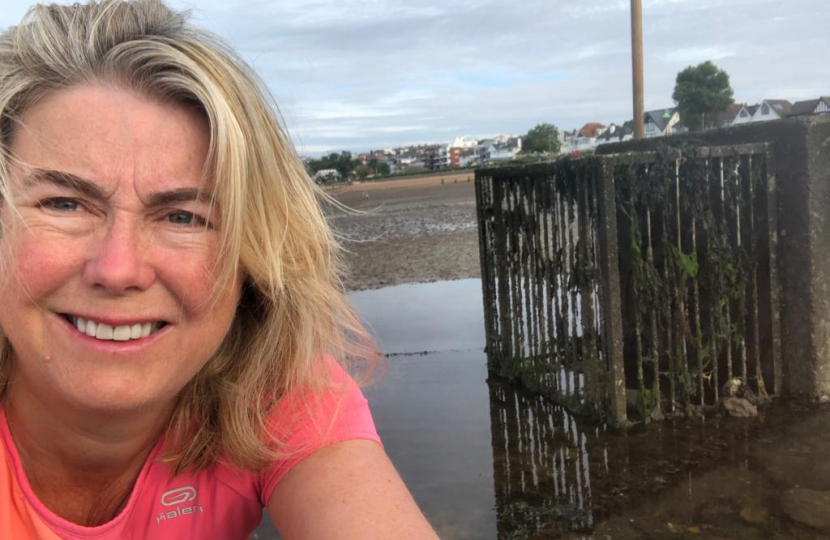
Southend West is known for its outstanding fishing and tourist industries, and I understand how important clean water is for everyone locally. I have raised the issue of the storm overflows and sewage discharge in Southend numerous times, including in a debate in June and at the earliest opportunity after Parliament returned from the summer recess.
Recently, I spoke on the Conservative Environment Network panel at the party conference and demanded that key stakeholders ensure that urgent measures are taken to clean up our waters. Ensuring Anglian Water are held sufficiently held to account for their illegal discharges is a major priority for me. I am continuing to put pressure on ministers to effectively address this issue, and I am working with Surfers Against Sewage to ensure Southend remains clean for the future.
Sadly, I know what a problem sewage discharges are locally. Last October, a major pollution dump resulted in a week’s worth of beach closures, sewage on the seafront and the cancellation of fireworks events. Last year alone sewage was dumped into the sea 48 times for more than 251 hours – over ten whole days! Of course, it is not just the pollution pumped out locally that affects coastal communities. Southend sits at the end of the Thames Estuary. Each year, 39 million tonnes of sewage – the equivalent of 3 million London buses – is dumped into the Thames. In fact, 98% of Thames Water was found to contain dangerous bacteria caused by the presence of faeces. This ends up on our beaches and bathing waters off Southend and Leigh-on-Sea, and this is simply not good enough.
The use of storm overflows should result in serious punishments for water companies that use them. Civil sanction fines imposed by the Environment Agency against water companies that breach their limits are currently capped at £250,000, whereas criminal prosecutions are unlimited. By amending the Environmental Civil Sanctions Order 2010, we can make these fines unlimited, meaning that environmental harm is not just seen as another business cost by regular offenders. I also want to see the bonuses paid to water company bosses that pollute our waterways capped.
I am pleased that the Government has committed to taking action to protect public health and the environment from storm overflow discharges. The Government has published the Storm Overflows Discharge Reduction Plan, which will require water companies to deliver their largest ever environmental infrastructure investment - £56 billion capital investment over 25 years
Water companies will have to achieve a number of strict targets. These targets will mean that water companies need to take measures such as increasing the capacity of their networks and treating sewage before it is discharged to protect public health and prevent pollution, while massively reducing all discharges. Failure to meet these targets could see them face substantial fines or having to return money to customers. The plan sets out that water companies will be required to publish discharge information in near real time as well as committing to tackling the root causes of the issue by taking steps to improve surface water drainage.
However, I feel there is much more still to do to tackle this problem, and I will continue to work tirelessly with Ofwat and my ministerial colleagues to ensure the standards we expect are upheld. As someone who loves living in Southend, I want to assure you that I feel passionately about this issue and will continue to take appropriate action at every opportunity.
Anna
